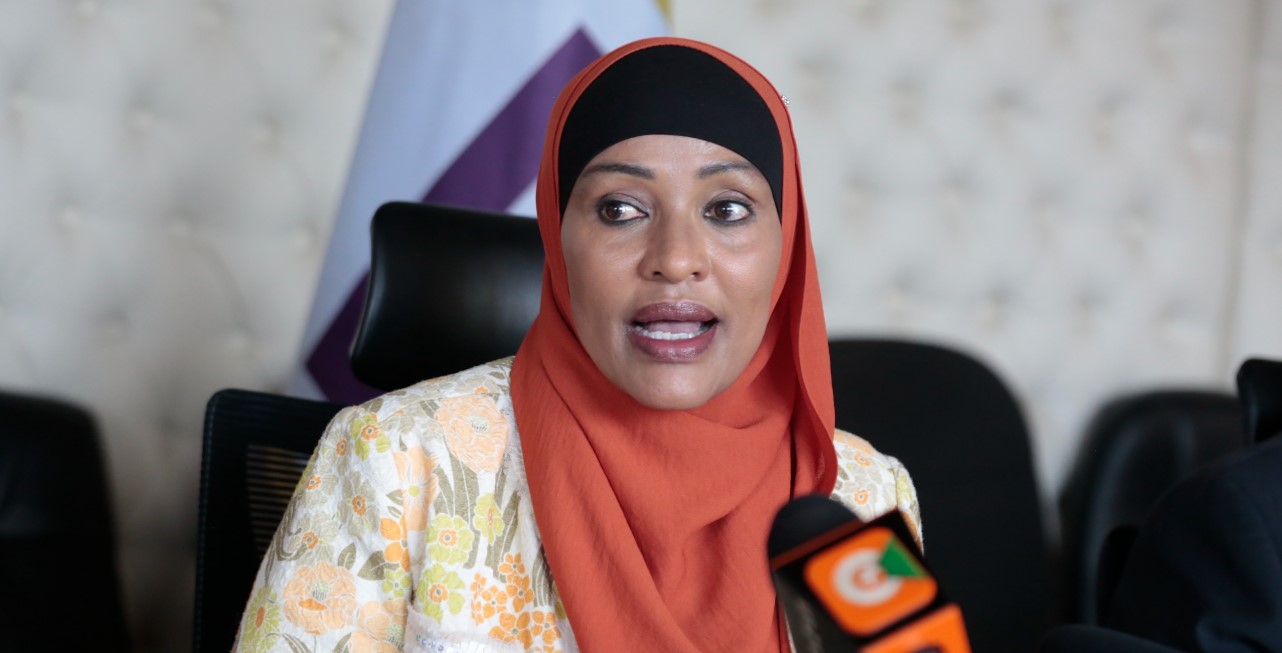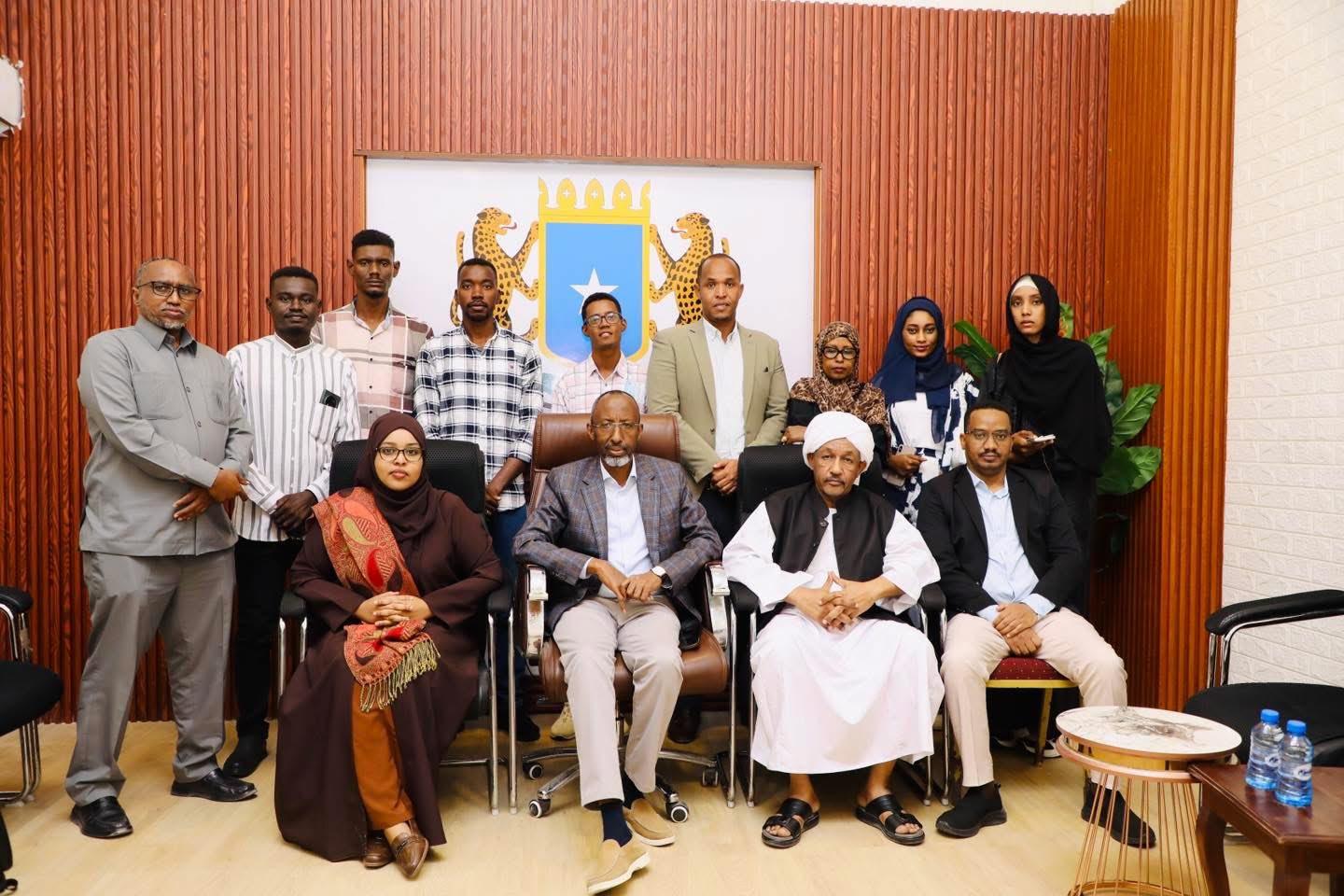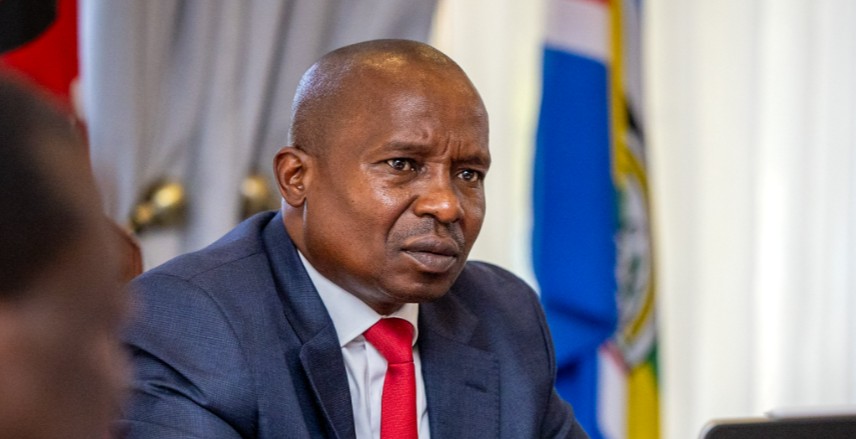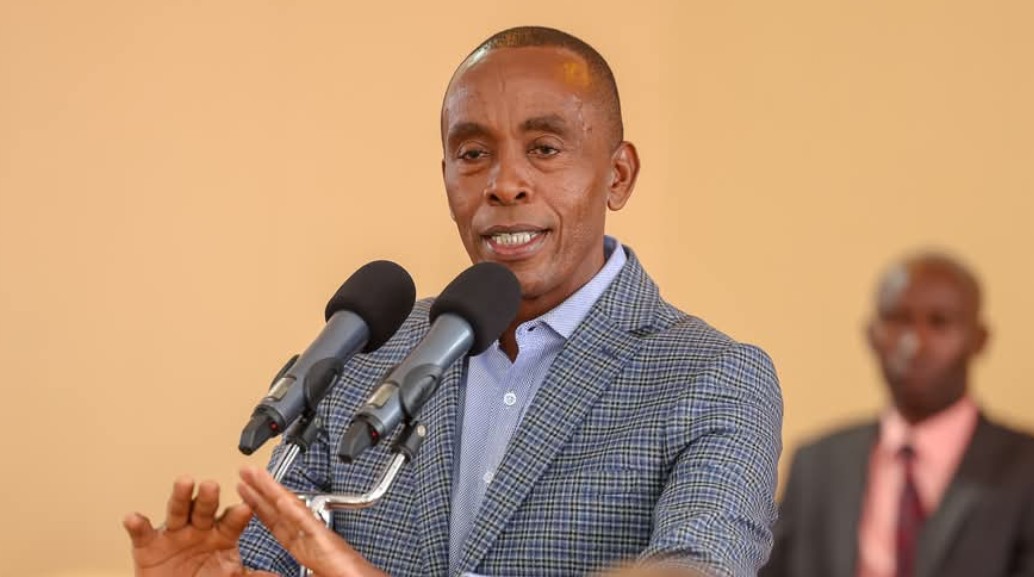AI research group warns social media hate speech risks reigniting Ethiopia-Eritrea war
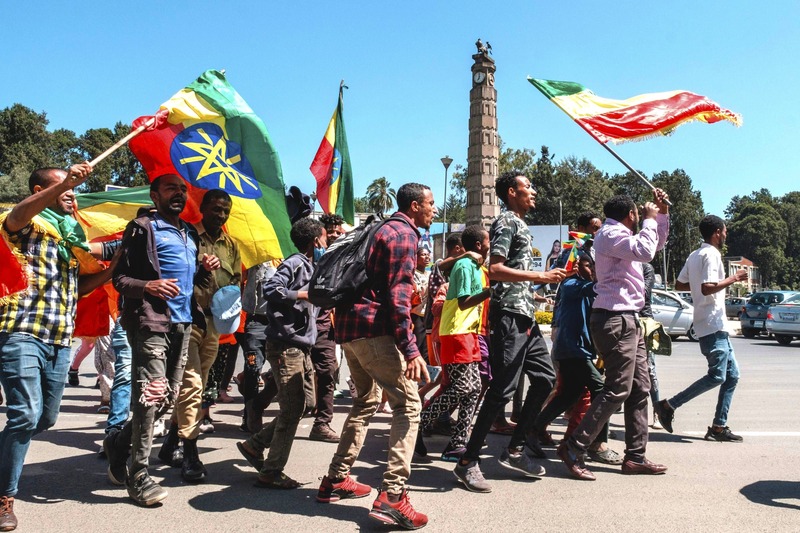
The Distributed AI Research Institute says these platforms are allowing content that promotes violence, recruits fighters, and dehumanises entire communities to circulate unchecked.
The Distributed AI Research Institute (DAIR) has issued a warning about a surge in violent and hate-filled content spreading across social media platforms.
The group says the current wave of online posts could reignite armed conflict between Ethiopia and Eritrea, risking a repeat of the devastating Tigray war that ended in 2022. DAIR’s Social Media Harms Team is calling for immediate action.
More To Read
- Historic Algeria declaration frames colonialism as multidimensional crime
- Nigeria provides safe haven for Guinea-Bissau opposition leader as coup crisis deepens
- AU calls for rapid tech adoption in farming to shield continent from food crises
- African Union suspends Guinea-Bissau over coup
- African Union, ECOWAS condemn Guinea-Bissau coup, demand release of detained leaders
- Faith under fire: How social media fuels rising attacks on religions, followers in Ethiopia
The team urges international bodies such as the African Union and the United Nations to intervene before tensions turn into a new war. The group says these platforms are allowing content that promotes violence, recruits fighters, and dehumanises entire communities to circulate unchecked.
“It is the responsibility of regional bodies like the African Union and multilateral institutions like the United Nations to de-escalate current tensions and avoid a regional war," read part of the statement from the organisation.
The warning comes as political and military tensions between Ethiopia and Eritrea continue to grow.
According to Addis Standard, former Ethiopian President Mulatu Teshome has accused Eritrea of taking advantage of internal divisions within the Tigray People’s Liberation Front (TPLF). At the same time, Lieutenant General Tsadkan Gebretensae, a senior figure in Tigray’s interim government, has said that military preparations are nearly complete and that war appears “inevitable.”
DAIR, which is led by AI ethics researcher Dr. Timnit Gebru, has studied the role of social media in fueling violence during the Tigray war.
Over the last three years, the group has monitored hate speech, interviewed content moderators, and collected evidence that major platforms failed to stop calls for violence.
DAIR compares the current situation to the 2016 Rohingya crisis in Myanmar, where similar online content led to deadly consequences.
One example cited by DAIR is the case of Professor Meareg Amare, who was killed after posts on Facebook labeled him a traitor. DAIR claims Facebook did not respond to requests to remove the posts.
The professor’s son and other activists, including Kenya's Katiba Institut,e are now suing Meta, Facebook’s parent company, for $2.4 billion. They allege that the platform’s algorithms helped spread hate speech that contributed to his death.
Even now, DAIR continues to find violent content online. One video posted by an Eritrean government supporter, which threatened to “turn Tigray into dust,” had over 251,000 views before DAIR drew attention to it. DAIR says Facebook failed to remove it in a timely manner.
But the issue is not limited to Facebook. DAIR’s investigations show that TikTok, X, and YouTube also contain posts that promote violence. The institute has documented content that encourages war recruitment, spreads hostile propaganda, and calls for Eritrea to be annexed.
Pro-government voices in Ethiopia with large online followings have been promoting aggressive rhetoric.
DAIR says that both supporters and critics of the Ethiopian and Eritrean governments have been exchanging threats online for months. The warning draws attention to the fragile peace that has existed since the Pretoria Agreement was signed in 2022.
Top Stories Today



